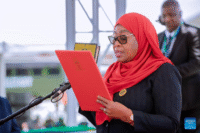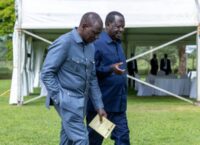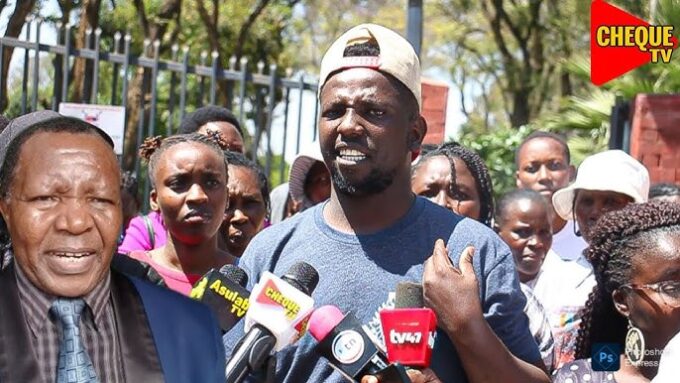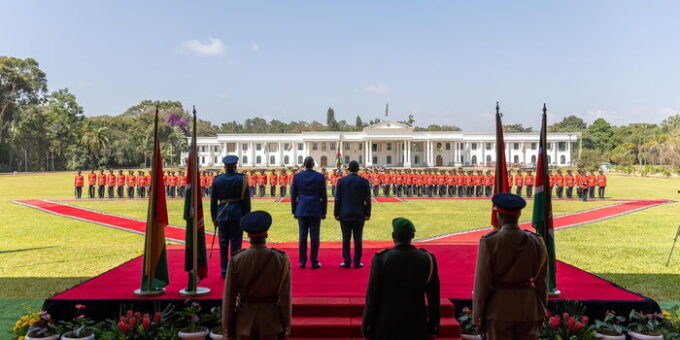The Universities Academic Staff Union (UASU) has resolved to continue their strike across Kenya’s public universities, rejecting the government’s recent release of Ksh 4.3 billion as insufficient. The union insists on the full settlement of Ksh 9.7 billion, which they argue is owed to academic staff under previous agreements addressing salary increments and improved working conditions.
Speaking on behalf of the union, UASU Secretary General Constantine Wasonga stressed that the strike will only end when the government provides clear assurances regarding the payment of the remaining Ksh 5.4 billion.

“While the release of funds is a step in the right direction, it does not resolve our grievances. Our members will not return to work until firm commitments are made,” said Wasonga.
The union proposes that the outstanding funds be disbursed over two financial years and is demanding a transparent payment plan.
The industrial action has severely disrupted learning across public universities, with lectures canceled and examinations postponed. Thousands of students are stranded on campuses, expressing frustration over the standstill. Many have called for urgent dialogue between UASU and the government to prevent further delays in their academic programs, which are already behind schedule due to prior disruptions.
UASU continues to rally its members to stand firm, urging solidarity among academic staff to press for their demands. The union accuses the government of failing to honor agreements made during previous negotiations, particularly regarding better remuneration and enhanced working conditions for university personnel.
The government had hoped that the release of Ksh 4.3 billion would ease tensions, but UASU maintains that this amount falls far short of expectations. Union representatives have called for accountability and a clear timeline for the remaining balance.
“We will not be pacified by partial measures,” Wasonga asserted during a recent meeting with the National Assembly’s Education Committee, adding that only concrete steps, not verbal assurances, will end the impasse.
The prolonged strike has drawn criticism from education stakeholders, with some calling on both parties to prioritize students’ welfare. Busia Senator Okiya Omtatah has urged immediate dialogue, warning that the prolonged stalemate is detrimental to Kenya’s higher education sector.
“Students are paying the price for this disagreement,” he stated, pressing for a swift resolution.
As negotiations remain at a standstill, pressure is mounting on both the government and UASU to resolve the crisis. While the union remains steadfast in its demands, the government faces increasing scrutiny over its handling of the education sector and its commitment to addressing systemic issues.
UASU’s decision to continue the strike highlights deeper structural problems in Kenya’s university system. The deadlock underscores the need for long-term solutions that ensure fair treatment of academic staff while safeguarding students’ educational progress. The coming weeks will be critical in determining whether a compromise can be reached to restore normalcy in the country’s public universities.











